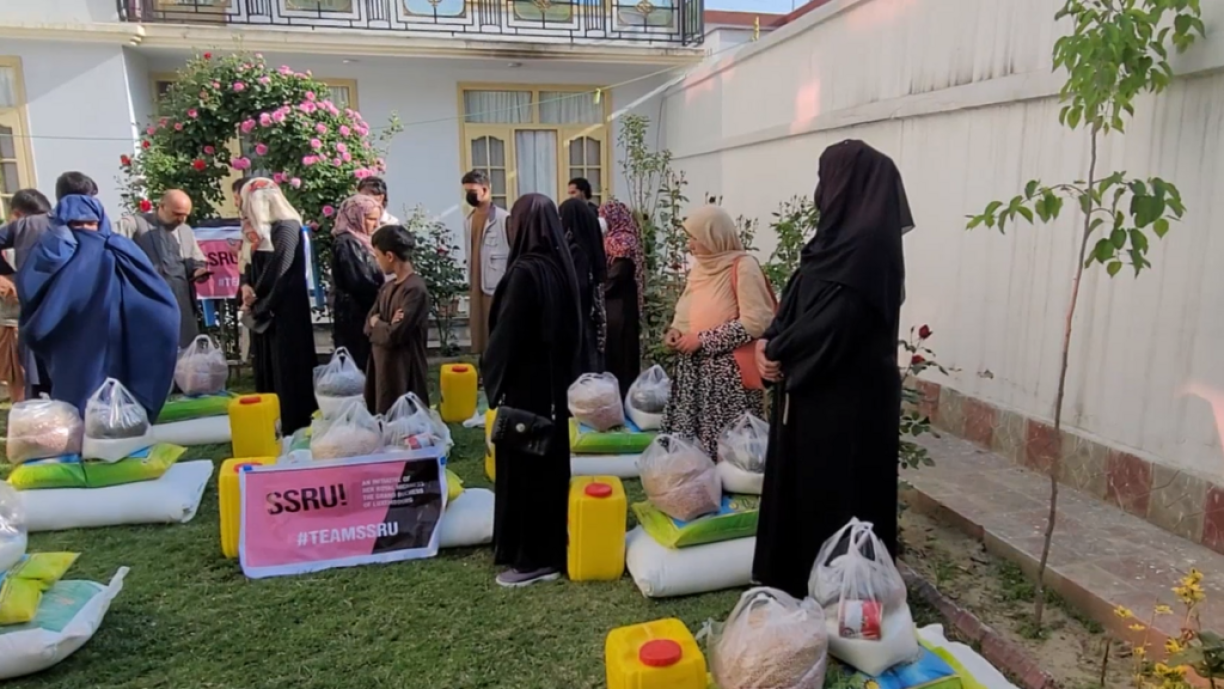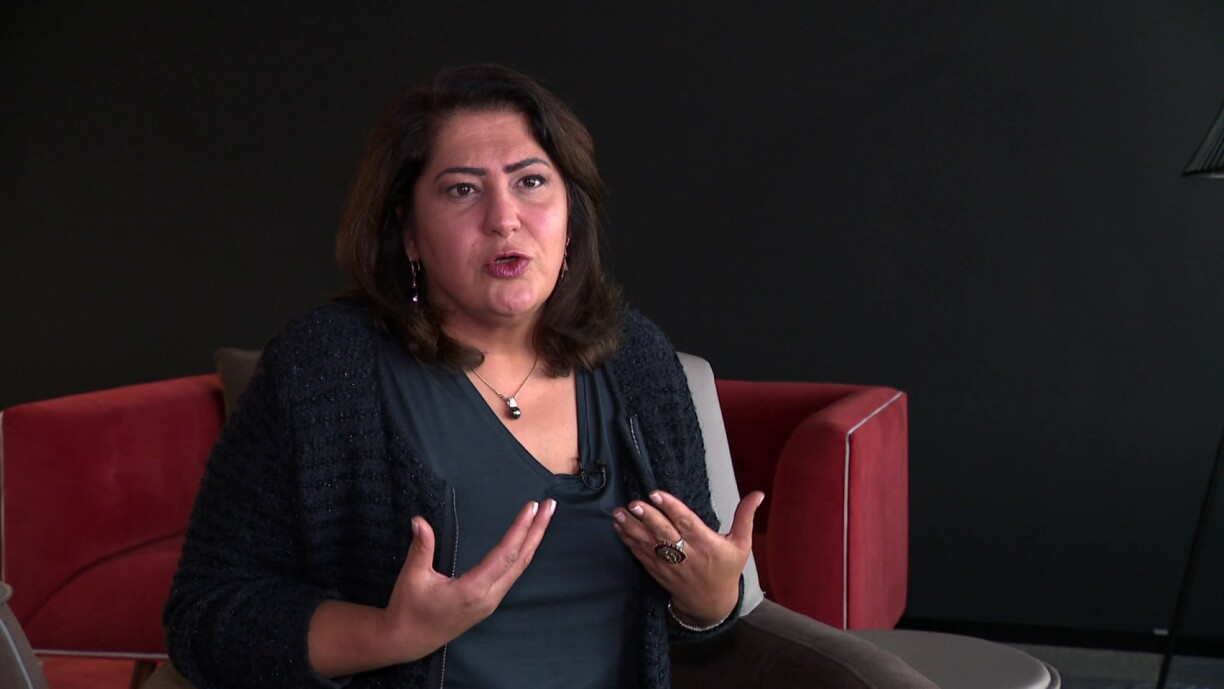
Through the Stand Speak Rise Up! association, Chékéba Hachemi, a councillor to the Grand Duchess of Luxembourg and co-founder of the NGO, is actively working to defend the few remaining freedoms for women in Afghanistan.
Éric Cheysson, a surgeon and President of La Chaîne de l’Espoir, refers to the situation as “social feminicide.” Hachemi describes it as “a form of genocide and a defiance of the West.”
The law enacted by the Taliban on 22 August to “promote virtue and prevent vice,” imposes strict interpretations of Islamic law, or Sharia, on many aspects of life in Afghanistan. The 87-page document with 35 articles is particularly harsh on women, with one of the most extreme measures being the prohibition of women’s voices from being heard.
“No smell of perfume,” says Chékéba Hachemi, “no smell of a woman” is allowed. She explains that Afghan women are no longer allowed to leave their homes with a man who is not a direct relative, must completely cover their bodies, and are forbidden from making any sound. Hachemi emphasises the gravity of this restriction by noting that in many Afghan homes, made from mud with only a curtain for privacy, even whispering has been effectively outlawed. “What we’re really seeing is the aberration of going so far as to say that a woman doesn’t even have the right to whisper in her own home,” she says.
Hachemi points out that the key difference from the previous Taliban regime is that “we are all aware” of the situation now. She emphasises that “we are all responsible” and argues that Western nations “gave the key to these terrorists” when they withdrew from Afghanistan, leaving behind their weapons. After Europe’s exit in 2014 and the US withdrawal without a clear exit strategy, the Taliban were able to regain control. Hachemi criticises the West’s attitude, seeing itself as “the masters of the world” and highlights the current trend of Western nations negotiating with the Taliban, which they now increasingly recognise as a legitimate regime. She notes that in early August, the UN held a summit in Doha where the Taliban demanded the exclusion of women, a request that the UN accepted.
Since the Taliban’s return to power in August 2021, conditions in Afghanistan have continued to deteriorate, especially for women. Approximately 69% of the population lacks access to resources necessary for basic needs. Hachemi, who was born in Afghanistan and has dedicated the past 25 years to advocating for Afghan women, warns that “today in 2024, this is the worst country in the world for women to live in.” She challenges people in Luxembourg, Paris, and elsewhere to reflect on what has been gained if a corner of the world is witnessing such extreme repression: “What have we, you, me, any woman on the right side of the planet, here in Luxembourg, in Paris, in Europe, achieved if there is a corner of the planet where [women] have lost everything, where before our very eyes they are being walled up alive?”

Hachemi, who now works between Paris and Luxembourg, commends the people of Luxembourg for their support. She specifically praises former Foreign Minister Jean Asselborn for being one of the few European officials to publicly denounce the situation at the Council of Europe on 15 August 2021, asking, “What are we doing about the 28 million Afghan women?” Hachemi also lauds Grand Duchess Maria Teresa for being a prominent voice in condemning the terror faced by Afghan women, highlighting that “she is the only woman in her position who is speaking out clearly against the suffering of these 28 million Afghan women.”
Stand Speak Rise Up! is actively providing humanitarian aid to Afghanistan, which Chékéba Hachemi describes as “the only thing we can do today.” The Taliban have permitted the NGO to operate with local teams, as Luxembourg is not viewed as an “infidel” country like France. According to Hachemi, it is this lack of knowledge and the NGO’s association with a royal name that have allowed it to continue its work in the region.
Hachemi emphasises the critical need for food aid to combat famine, as well as the NGO’s efforts in the medical sector, including supplying delivery kits to hospitals. She highlights that Afghanistan has the highest infant mortality rate in the world. “A small country does not mean little aid,” she asserts, referring to Luxembourg’s contributions.
For those interested in supporting the cause, donations can be made through Stand Speak Rise Up!.